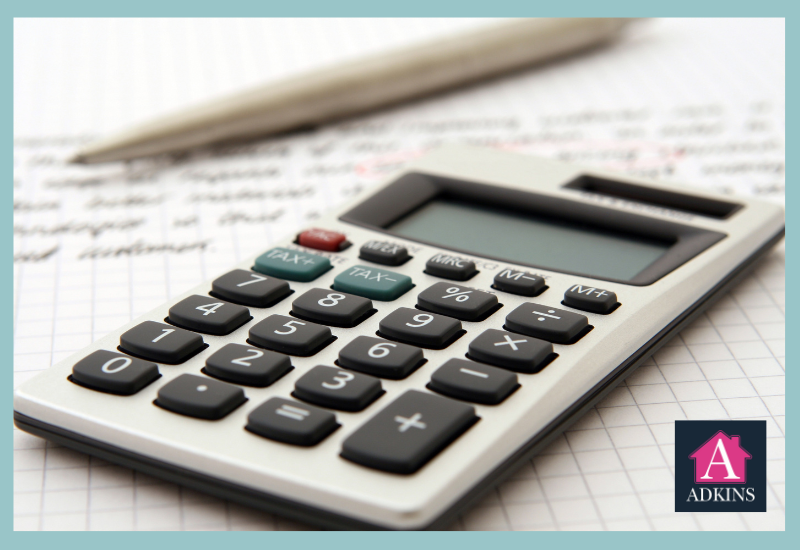
Reported by Rightmove
The Bank of England (BoE) has announced an increase of 0.5% to its Base Rate this month. This is the 13th consecutive rise, and has pushed interest rates to 5%, which is the highest they’ve been for 15 years.
The Bank keeps raising interest rates to tackle high levels of inflation. It was announced that the inflation rate has remained at 8.7% in the month to May this week: the same level it was in the year to April. So it’s still way above the target the Government sets for the Bank, which is 2%.
The Bank’s 0.5% rise is higher than the most recent 0.25% rises we’ve seen. The Bank has opted for a larger Base Rate rise than some commentators predicted this month, rather than spreading rate rises over a longer period of time.
Our mortgage expert, Matt Smith, says: “The Bank appears to have opted for a larger Base Rate rise this month to try to address the underlying issues driving inflation, and it continues to forecast that inflation will drop sharply in the second half of the year. Based on this message and the action taken today, we wait to see the impact this has on swap rates, as this will have a direct impact on mortgage interest rates, and whether or not we see further increases in the coming weeks. If today’s news does provide some reassurance to the markets, then we’d hope to see some stability return to the mortgage market, which will help those looking to take out a mortgage this year to plan ahead.”
How are interest rate rises impacting mortgage rates?
Over the last couple of weeks, average fixed-rate mortgage rates have been increasing, in anticipation of a Base Rate rise.
The Base Rate is a major factor for lenders when they set their fixed-rate mortgages. Lenders set these rates based on the market’s view of what Base Rate will be in two, five or even 10 years’ time. These are called ‘swap rates’.
Our mortgage expert, Matt Smith, says: “Yesterday’s inflation figures were disappointing, however today’s Base Rate rise won’t come as much of a shock to lenders who have already been increasing their fixed-rate mortgages sharply in anticipation of today’s rise”.
Find out what the current UK mortgage rates are, and what they could mean for average monthly repayments if you were to take out a mortgage right now.
What’s happening in the property market?
Our real-time data allows us to see what’s happening in the property market right now.
“We can see that more people are sending enquiries to estate agents to view homes for sale than at this time in 2019. We’ve also seen visits to our Mortgage in Principle service increase by 53% over the last month, as more people look to understand what they can afford to borrow and repay on a mortgage. This indicates to us that for many people right now, higher interest rates are leading them to reassess their budgets and understand what feels comfortable from a personal affordability perspective, rather than put their plans on hold,” Matt adds.
What does the Base Rate increase mean for my current mortgage?
Changes to the Bank’s Base Rate can impact how much interest you’ll pay on loans, including mortgages. If you’re on a fixed-rate deal, your monthly payments won’t change until the end of your deal. However, if you’re on a variable or tracker mortgage, your payments will almost certainly go up.
When could interest rates start to drop?
Right now, it’s thought that we could see Base Rate peak at around 5.75%, before it starts to come down.
The Bank of England’s Monetary Policy Committee meets about every six weeks to discuss and vote on whether interest rates should go up or down, or stay the same.
The next decision on interest rates will be announced on 3 August 2023.






